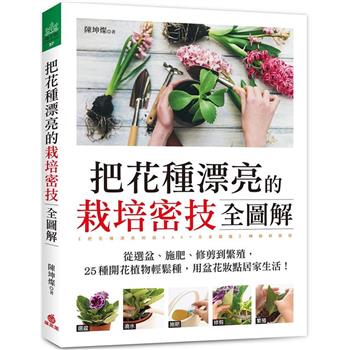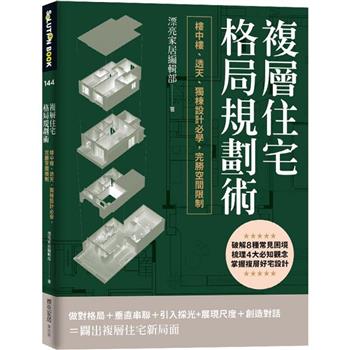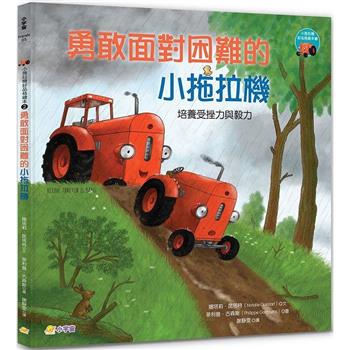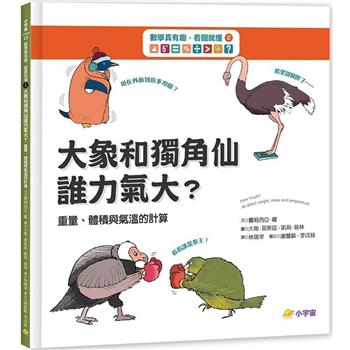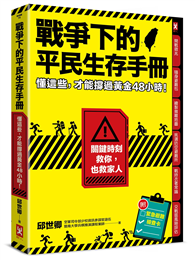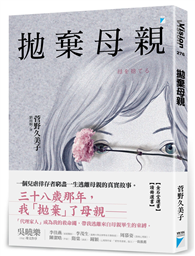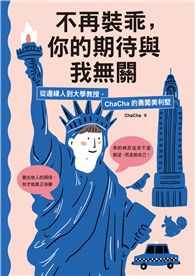Wading in the Mud is an experimental fiction that provides a meaningful way for Africans in the diaspora to free themselves from the lasting effects of colonialism, using the power of African storytelling and communication methods. The African oral storytelling tradition is known for captivating audiences and creating a sense of shared experience. Using exaggerations, listeners are drawn into the story and feel a deeper connection to the narrative.
The novel aims to inspire young Africans living outside Africa who struggle to balance traditional customs with contemporary success. It explains proverbs, customs, and practices, preserving cultural values while encouraging those who have adapted to positively impact the world. The language is engaging, conversational, and accessible to high school and college students.
Abaka, the novel’s protagonist, thrived in colonial society through education. His behavior habitually unmasked the system’s negative aspects, including mistreating those beneath him and being intolerant towards those with less success.
However, through a decisive spiritual encounter, he became a catalyst for change in a remote village that was once synonymous with decay, deadness, and disillusion. With a relentless commitment to decency, humanity, appreciation, and fairness, he conducted a principled experiment that sought creative ways to nurture his faith in the concrete mud of economic exploitation, deprivation, and despair. His unwavering determination transformed the economy and left a lasting impact on the community.

 看圖書介紹
看圖書介紹